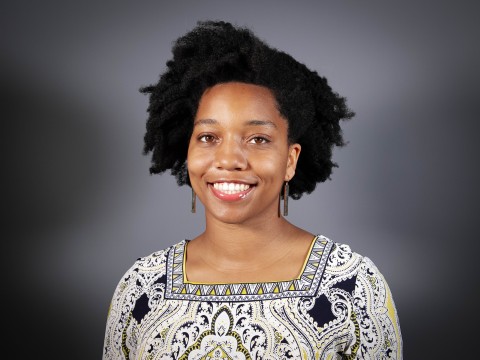Sustainable Systems Forum: Low-Carbon Energy Transitions: Understanding Trade-Offs between Sustainability and Equality
abstract
In recent years, nations have expressed a desire for their energy transitions to be as equitable as possible. However, most energy system decarbonization models lay pathways using cost minimization as a primary driver for change. Within these models, environmental sustainability or distributional equity is often a secondary measurement or a constraint in the least-cost optimization. Further compounding the complexity of designing an equitable energy transition, many models do not quantify the sustainability and equality trade-offs of different energy system pathways. In this research, we develop a framework for analyzing the trade-offs between sustainability, and equality under different electricity system decarbonization transition pathways (e.g., 100% low-carbon electricity by 2035 and US Nationally Determined Contributions). We accomplish this by coupling a least cost capacity expansion optimization model with a decision analysis model.
Environmental sustainability is measured using lifecycle and operating emissions (CO2eq, NOx, SO2,PM). Equality is measured using the distribution of air pollution across regions and indicators (e.g., median income). In the scenario that takes no additional policy action, life cycle PM emissions rise by 85% in the lowest income group (<$50,000), but decrease by 24% in the highest income group (>$70,000) from 2010 to 2050. Likewise, in the scenario that reaches100% renewable energy by 2035, life cycle PM emissions rise by 28% in the lowest income group and decrease by 69% in the highest income group. These results indicate that using cost as a driver will not guarantee an equitable energy transition.
bio

Dr. Destenie Nock is a leader in energy justice and sustainable energy transition trade-off analysis. In her role as an Assistant Professor in Civil & Environmental Engineering (CEE), and Engineering and Public Policy (EPP) she creates optimization and decision analysis tools which evaluate the sustainability, equity, and reliability of power systems in the US and Sub-Saharan Africa. One of her current projects includes developing a framework for understanding the sustainability and equity trade-offs for different power plant investments under national decarbonization targets. As a part of this effort she developed a method for quantifying the air pollution emissions associated with electric transmission and distribution systems. A notable contribution to the energy justice space is her energy equity gap metric which quantifies the outdoor temperature at which households turn on their air conditioning units. Through this work she has shown that low income households wait 4 - 7 degrees F longer than their high income counterparts to turn on their AC units.
Dr. Nock holds a Ph.D. in Industrial Engineering and Operations Research from the University of Massachusetts Amherst, where she was an NSF Graduate Research Fellow, and an Offshore Wind Energy IGERT Fellow. She earned a MSc in Leadership for Sustainable Development at Queen's University of Belfast, and two BS degrees in Electrical Engineering and Applied Math at North Carolina A&T State University. She is the creator of the Black Electricity Blog site which posts articles about graduate and undergraduate advice, and research updates in energy and sustainability.
Google scholar page: https://scholar.google.com/citations?hl=en&user=PSZN_hMAAAAJ
Personal website with blog: https://destenienock5.wixsite.com/destenienock